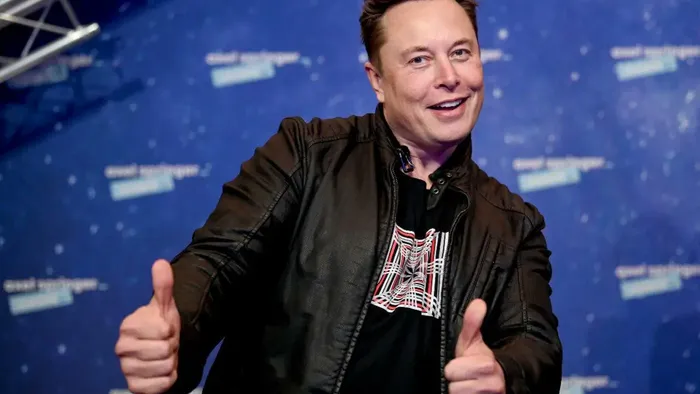
During a recent town hall event, Elon Musk shared invaluable insights for aspiring entrepreneurs, emphasising the importance of creating useful products and services while acknowledging the challenges of starting a business.
Image: X
Elon Musk, the billionaire founder of Tesla and SpaceX, told aspiring entrepreneurs in Wisconsin, US, on Sunday that creating useful products and services is essential to business success, while warning that most startups fail due to the difficulty of generating value.
Musk spoke at a town hall event supporting Judge Brad Schimel’s Wisconsin Supreme Court candidacy, responding to an 18-year-old attendee, Vito Gabriel, who asked for advice on starting a business and contributing to the country.
Gabriel, who worked in his family’s restaurant from age eight, called Musk “one of the most successful businessmen to ever live,” a nod to his transformative impact on industries like electric vehicles and space exploration.
Musk’s comments came during a broader discussion on government efficiency, where he outlined efforts to curb waste through his Department of Government Efficiency (DOGE) initiative.
Musk, admired for turning ambitious visions into reality with companies like Tesla and SpaceX, said, “Well, it is very hard to start a business and have it succeed. It is true that most businesses that start do not succeed. So I guess I’d really just say if there’s a product or service that you think is really needed, then you go out and you make that product or you produce that service and try to be as useful as possible, really,” he said.
He further said, “It’s like whether it’s a great restaurant or store or a technology company or whatever the case may be, it’s really just like are you doing things that are useful to your fellow human beings? If you are, then I think the company will be successful. So that’s really what it comes down to is just being useful. Like people ask me what’s the top advice? I’m trying to be useful. It’s actually very difficult to be useful,” Musk added.
Musk said he admired honest work. “But I have a lot of admiration for anyone who just does an honest day’s work, making products or producing services for their fellow human beings. That’s what a company is. That’s it,” he said, defining a company’s purpose in simple terms.
Musk’s own journey fuels his credibility as an entrepreneurial icon. Starting with little after moving to the United States from South Africa in the early 1990s, he co-founded Zip2, a web software company, which he sold for nearly $299 million (R5.54 billion) in 1999. He then launched X.com, an online payment firm that evolved into PayPal after a merger, revolutionising e-commerce transactions. In 2002, eBay acquired PayPal for $1.5bn in stock, netting Musk roughly $162m and laying the foundation for his billionaire status, later amplified by Tesla and SpaceX. As of March 31, 2025, Musk is ranked as the world's richest person on the Forbes Real-Time Billionaires List, with a net worth estimated at approximately $330bn.
He then addressed the challenges of entrepreneurship. “But it is hard. To be totally frank, I generally say if somebody needs encouragement to start a company, I would recommend not starting it. Starting a company is very difficult,” Musk cautioned, suggesting only those with strong resolve should proceed.
He drew on his own experience, where his persistence led Tesla and SpaceX to succeed against steep odds. “Like if you look at, say, the automotive industry, the only two American car companies that have not gone bankrupt are Tesla and Ford. So it’s a big cemetery is what I’m saying. That’s a tough one, very tough industry. And there were really no commercial rocket companies that were successful before SpaceX,” he said.
Musk concluded with an economic lens on business success. “It’s generally very difficult to make the value of the output exceed the cost of the input. And that’s really what defines successful business. And profit is really the difference between the value of the output and the cost of the input. That’s what profit is. But it’s shockingly hard to make the output more valuable than the input. That’s what I found,” he said.
